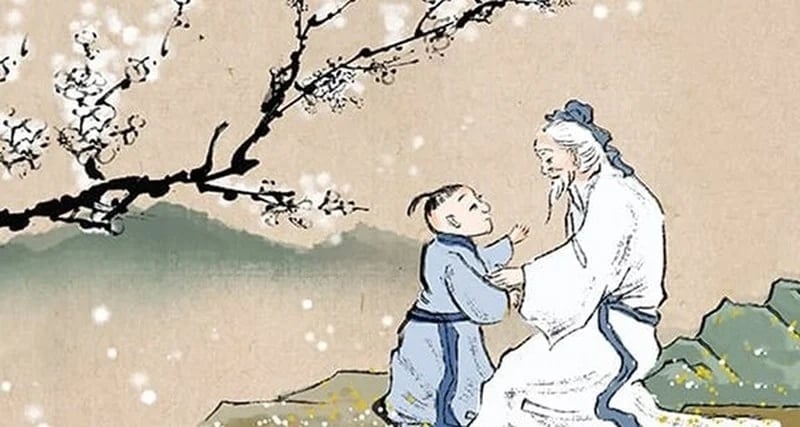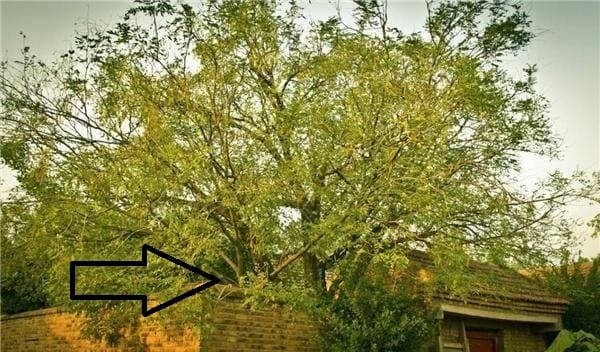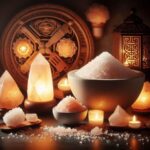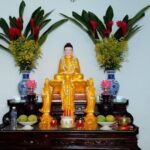Our ancestors believed in the significance of certain trees for good feng shui, which they thought brought wealth and peace to families. Owning these three types of trees was considered a blessing, and it was advised never to cut them down, even in times of hardship, as doing so could bring bad luck and financial ruin.
Goldenrain Tree
The Goldenrain Tree, with its dark green leaves and tall stature, is a common sight in modern parks and residential areas. Its unique feature is its white flowers, which are not only edible but also possess medicinal properties. According to a legend, this tree was once believed to protect villagers from being exiled from their homeland by officials and soldiers. Thus, it is considered a bringer of wealth and a protector against evil spirits, and people often refrain from cutting it down to preserve its auspicious energy.

Elm Tree
The second tree that our ancestors held in high regard is the Elm. Its leaves are known as “money leaves” or “abundant money leaves,” and they live up to their name. Many will remember the sweet and refreshing taste of fresh Elm leaves from their childhood. During times of famine, dried Elm leaves provided a valuable food source, and even the tree’s bark could be consumed in desperate times. Additionally, the bark was used medicinally when access to doctors was limited. The Elm Tree was left standing to ensure that future generations could continue to benefit from its many gifts.

The Elm Tree, with its “money leaves,” is the second tree our ancestors refused to cut down.
Weeping Willow
The Weeping Willow is a tree that most of us are familiar with from our childhood, featured in poems and songs. In feng shui, it symbolizes cherished memories, reluctant goodbyes, and hopeful aspirations. The Weeping Willow is also known for its robust vitality and myriad beneficial properties as a medicinal plant. Therefore, it is considered inadvisable to cut down a Weeping Willow under any circumstances.
The tree is beloved and valued, and the saying serves as a reminder to future generations not to destroy their inheritance for short-term gains. It also warns against uncontrolled development, emphasizing the importance of sustainability to ensure that our actions today do not compromise the well-being of future generations.
The Art of Incense and Floral Arrangements: Unveiling the Secrets of Wealthy Homes
The art of flower arrangement, or ikebana, has long been a revered practice in many cultures, especially in the East. The placement of flowers, especially on altars, is often steeped in tradition and symbolism. The affluent are known to place flower vases on the left side of the altar when offering incense. This practice is rooted in a deeper meaning that reflects their understanding of the delicate balance between life and death.






































